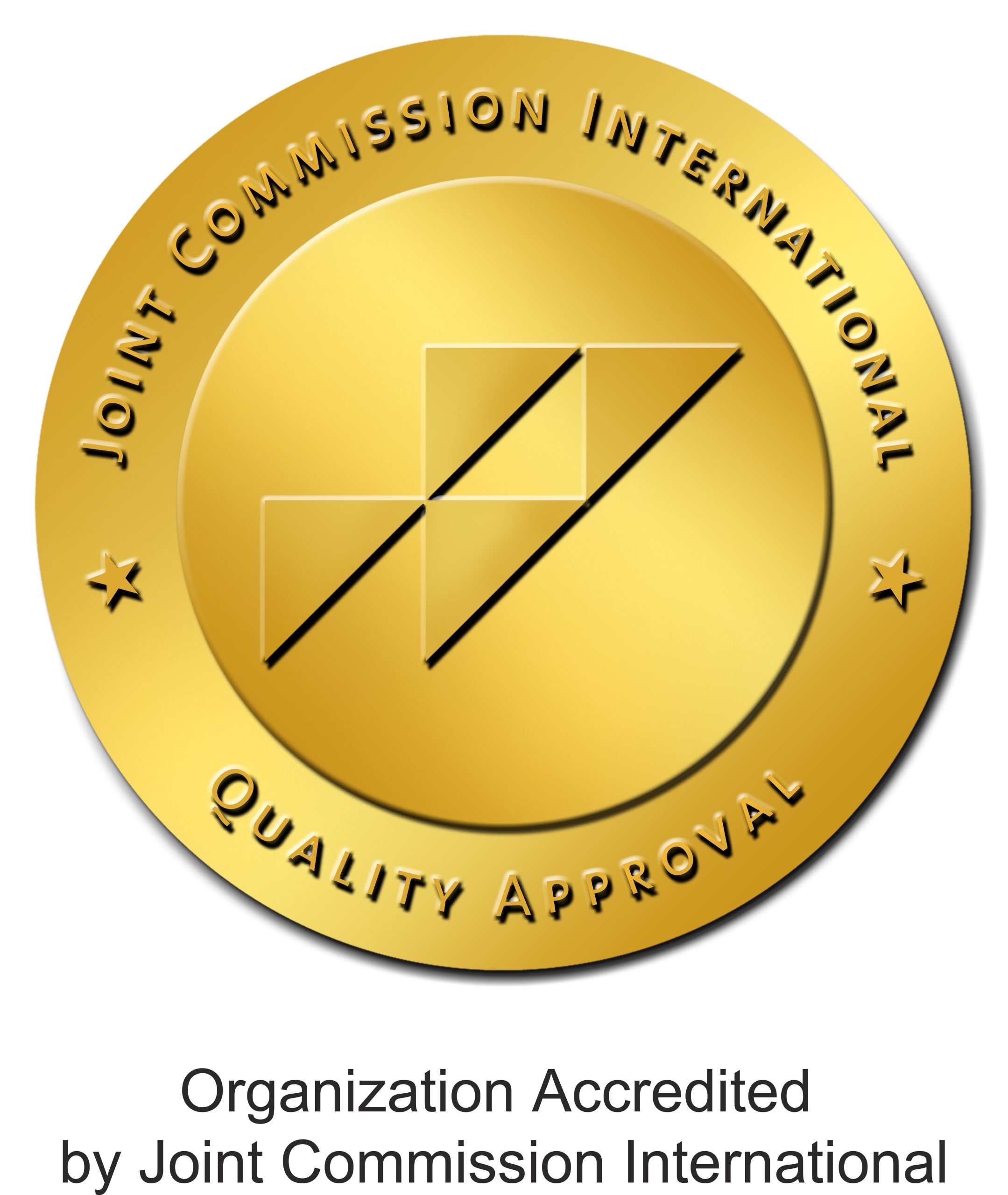The UAE is known for its scorching summers, high humidity, and unpredictable sandstorms, all of which can take a toll on physical and mental health. While most discussions about extreme weather focus on heat-related illnesses and dehydration, fewer people recognize its psychological impact.
For many residents, prolonged exposure to high temperatures, limited outdoor activities, and disrupted sleep patterns can contribute to anxiety, depression, mood swings, and stress. With the right awareness and support from mental health clinics in Dubai, Abu Dhabi, and Sharjah, individuals can learn how to manage the effects of extreme weather on their mental well-being.
How Does Extreme Weather in the UAE Impact Mental Health?
- Seasonal Affective Disorder (SAD) and Mood Changes
- While Seasonal Affective Disorder (SAD) is often associated with winter in colder countries, it can also occur in hot climates where long summers and high temperatures lead to isolation and mood disturbances.
- Residents who spend extended periods indoors due to heat may experience feelings of sadness, low energy, and a lack of motivation.
- Increased Anxiety and Irritability
- Prolonged exposure to high temperatures has been linked to higher stress levels and irritability. Studies suggest that extreme heat can increase agitation, aggression, and anxiety symptoms.
- Those already dealing with anxiety disorders may find that heat waves and humidity worsen their symptoms, making daily tasks more challenging.
- Sleep Disruptions Leading to Mental Exhaustion
- High temperatures and hot, humid nights can disrupt sleep cycles, leading to fatigue, brain fog, and emotional instability.
- Lack of quality sleep is a major contributor to depression, anxiety, and mood disorders, often requiring intervention from a psychiatrist in Abu Dhabi or a psychologist in Dubai
- Heat Stress and Its Psychological Effects
- Many workers in the UAE, particularly those in construction, transportation, and outdoor services, experience heat stress, which can lead to mental fatigue, concentration difficulties, and heightened emotional distress.
- Chronic heat stress can increase the risk of burnout, anxiety, and even panic attacks, necessitating support from mental health specialists in Dubai and Abu Dhabi.
The Psychological Impact of Sandstorms and Dust Exposure
- Increased Stress and Respiratory Issues
- Frequent sandstorms in Abu Dhabi, Dubai, and Sharjah bring poor air quality, making it difficult for people with asthma or respiratory issues to breathe. This can cause stress and anxiety, especially for those prone to health-related worries.
- Limited visibility and the feeling of being “trapped indoors” during dust storms can trigger claustrophobia and restlessness.
- Post-Traumatic Stress in Severe Weather Conditions
- Some individuals who have experienced extreme weather events like flooding or severe sandstorms may develop post-traumatic stress disorder (PTSD), leading to heightened fear, flashbacks, and anxiety.
- Therapists in Abu Dhabi and Dubai offer trauma-focused therapy to help individuals cope with weather-related stress.
How to Protect Your Mental Well-being During Extreme Weather in the UAE
- Maintain a Comfortable and Cool Environment
- Stay indoors during peak heat hours (12 PM – 4 PM) and use air conditioning to maintain a comfortable environment.
- If extreme heat triggers anxiety or restlessness, try indoor relaxation activities like meditation, reading, or mindfulness exercises.
- Prioritize Sleep Hygiene
- Invest in cooling mattresses and breathable fabrics to improve sleep quality.
- Avoid caffeine and heavy meals before bedtime to reduce sleep disturbances caused by extreme heat.
- Seek Professional Mental Health Support
- If extreme weather triggers anxiety or depression, consult a psychiatrist in Dubai or Abu Dhabi for guidance.
- Cognitive Behavioral Therapy (CBT) can help individuals develop coping mechanisms for weather-related stress.
- Engage in Indoor Activities to Avoid Isolation
- Excessive time spent indoors due to extreme weather can lead to loneliness and withdrawal. Stay connected by:
- Attending indoor social events or hobby-based workshops.
- Joining virtual mental health support groups in the UAE.
- Excessive time spent indoors due to extreme weather can lead to loneliness and withdrawal. Stay connected by:
- Practice Stress Management Techniques
- Deep breathing exercises, yoga, and mindfulness meditation can help counteract stress caused by extreme temperatures.
- Enroll in stress management programs in Dubai and Abu Dhabi to learn resilience strategies.
Where to Find Mental Health Support in the UAE?
If extreme weather affects your mood, sleep, or overall well-being, seeking professional help from mental health clinics in Dubai, Abu Dhabi, and Sharjah can make a difference.
- Best psychiatrists in Abu Dhabi and Dubai provide therapy for climate-related anxiety and seasonal depression.
- Psychologists in Dubai offer counseling for sleep disturbances and mood changes.
- Stress management services help individuals build resilience against weather-induced stress.
Conclusion
The harsh climate of the UAE, including extreme heat, humidity, and sandstorms, can have a significant impact on mental well-being. By understanding how weather affects mood, stress levels, and sleep, individuals can take proactive steps to maintain their mental and emotional health.
If weather-related anxiety or depression is interfering with your daily life, consider consulting a mental health specialist in Abu Dhabi or Dubai. Prioritizing self-care, stress management, and professional support can help you navigate climate-related challenges more effectively.



